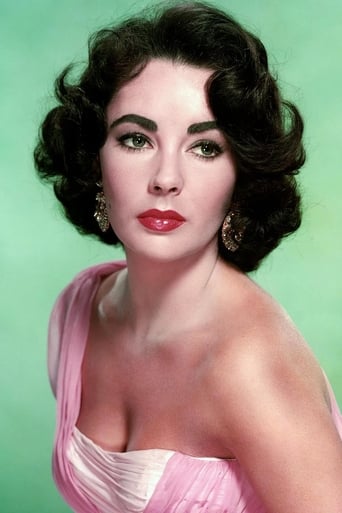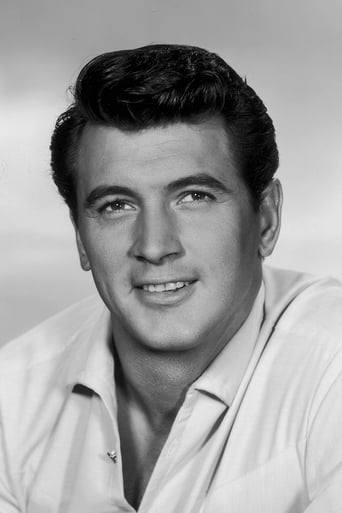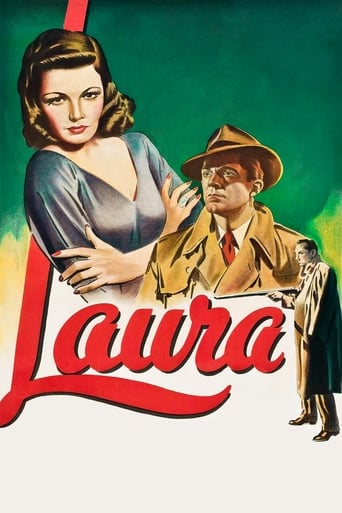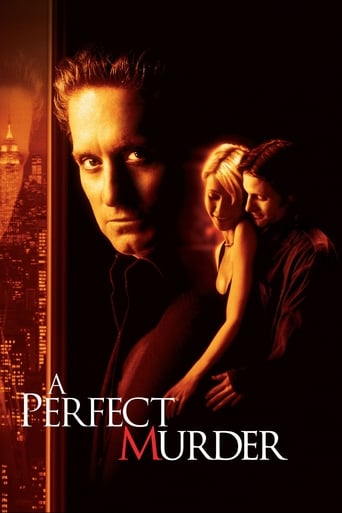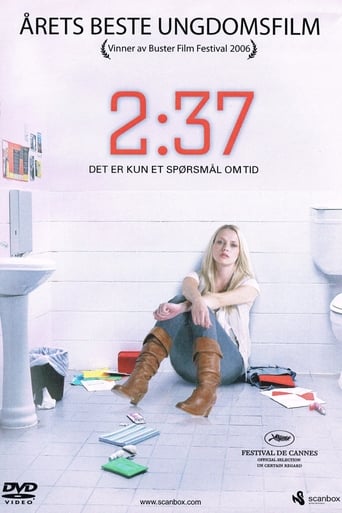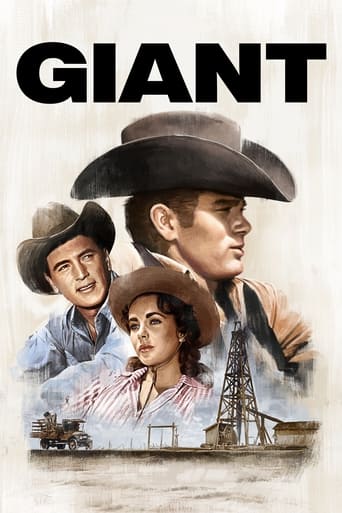
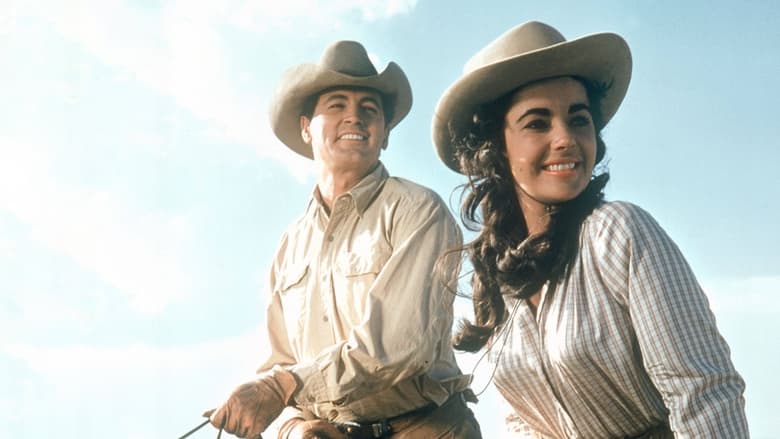
Giant (1956)
Wealthy rancher Bick Benedict and dirt-poor cowboy Jett Rink both woo Leslie Lynnton, a beautiful young woman from Maryland who is new to Texas. She marries Benedict, but she is shocked by the racial bigotry of the White Texans against the local people of Mexican descent. Rink discovers oil on a small plot of land, and while he uses his vast, new wealth to buy all the land surrounding the Benedict ranch, the Benedict's disagreement over prejudice fuels conflict that runs across generations.
Watch Trailer
Cast
Similar titles
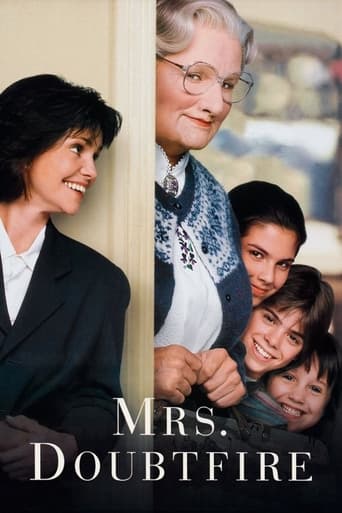

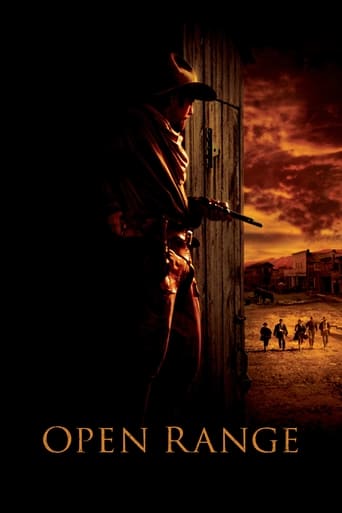
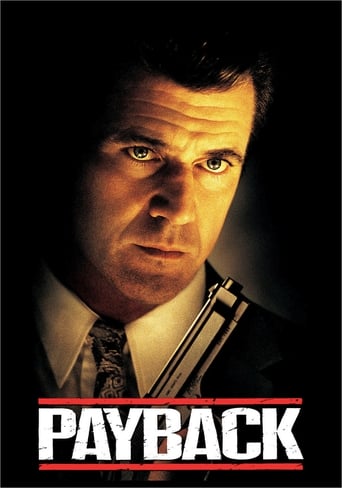
Reviews
People are voting emotionally.
Good start, but then it gets ruined
everything you have heard about this movie is true.
Absolutely the worst movie.
George Steven's epic western GIANT, based on Edna Ferber's roman-fleuve about a wealthy Texas rancher household that spans over decades, rightfully won him a second Oscar for BEST DIRECTOR, but this is the sole trophy out of the picture's 10 nominations (although Mercedes McCambridge's coattail nomination is a fluke in hindsight, she has nothing to wield but a frosty front), mostly lost out to Michael Anderson's less time-honored AROUND THE WORLD IN 80 DAYS (1956), another taint forever besmirches the Academy's credibility. The couple under the limelight is Jordan "Bick" Benedict Jr. (Hudson), the said rancher and his wife Leslie Lynnton (Taylor), a socialite from Maryland, who must adapt herself to the a completely different lifestyle but never flinches from her modern view of treating their Mexican employees (yes, they are referred as wetbacks) with equal respect, which collides with Bick's more entrenched racist frame of mind, and this "progressive East Coast vs. traditional Western Inland" leitmotif maintains as the pillar of the film and later evolves into Bick's epic defeat of his paternalistic arrangement in relation to their three children. Throughout, it is Bick's glacial change of his old-world attitude that flourishes during all the long years, Rock Hudson gives an endearingly no-nonsense impersonation that not unlike his first name, becomes a bedrock of the film, a pretense-free Texan learns to brave a new world that beyond his widest imagination and eventually transmutes into a better person, a titular "giant" in the end, even he is beaten up for standing up for the right cause, why it is so inspiring because it is a personal victory, and means the world to them, good deeds must be carried out no matter how formidable adversity looks, who can refute that? Taylor, on the other hand, dazzles in Leslie's bluff honesty and impeccable integrity that makes us root for her right out of box, Leslie's life orbit is less tectonic, but incredibly, both she and Hudson acquit themselves convincingly under their senior makeup, to parent fresh-faces like Dennis Hopper and Carrol Baker, and a strong sense of affinity between the two never get attenuated, not even during their not-so-infrequent spats. Of course, the biggest selling point is James Dean in his final picture, although for sentimental reasons, he received his second posthumous Oscar nomination in the leading actor category, but his indecipherable upstart Jett Rink is a substantial supporting character in the whole picture, and he would be a shoo-in to win if he could have competed in the category where his character truly belongs, however, his name had already become too big a legend to be relegated at that point. His portrayal of Jett, emphatically registers a false layer of insouciance that defies operatics, vaguely masks his touching vulnerability and troubling uneasiness towards the unattainable object of his desire, Leslie, whose footprint inadvertently strikes gold for him, but whose heart he can never conquer. Thus, it is the black gold that sounds the death knell of the Western genre as we know it, Stevens and DP. William C. Mellor employ stunning imagery to exhibit the burgeoning modernization that invades the vastness where materialistic gain lies beneath and beckons, as an answer to the prior un-warped long shots which retain the Old West in its most august splendor, the cattle herd sequences, or the majestic take on Benedicts' singular mansion for instance, but at the end of the day, it is the story's sagacious message that transcends its racist, patriarchy milieu, and makes GIANT a culturally, historically and aesthetically significant American tome that takes us through an elemental learning-curve of open-mindedness and righteousness that flouts the specious "winner takes it all" precept, without forging its tangy nostalgia for a bygone era.
Director Stevens doesn't just show us Texas but puts us there, with his beautiful cinematography & detailed attention. The melodrama is strong, & the humor is great. Hudson is unsung as the hero at the center, but whenever Dean & Taylor are on screen it's like we're watching otherworldly beings of beauty & talent. Best of all, the Mexican / American relation stuff is shockingly timely; penetrating & difficult to ignore it's unintended connections to current world politics.
GIANT is an epic drama in the western style. some very sensitive and provocative themes are covered through the film story. The dramatic and complex story has a direct impact on the duration of the film.The epic story of the life of a Texas landowner, his family and his associates.The story is shocking, through it runs a rather vivid and colorful drama and epilogue is insecure tragic. The impressive and magnificent scenery is decorated with a passion of human relations in a "hot" and tense atmosphere.The main theme of this film is the family. How many external influences and drama can change a man in relation to his family and the world around him? Oil is completely confused lifestyle of farmers and landowners. However, it has changed the tradition and certain family values. The money finally got an ally. Topics are related to each other. Love in this film is a sudden, in some cases even inappropriate. It is on the constant examination in relation to tradition, racism, wealth or generational conflict. Family passions and drama becomes a bit vulgar towards the end of the film. Petroleum revolution is being represented with a certain amount of irony and idiocy. A capable man can earn big money, but he will eventually be left alone with his personal frustrations and a half-empty bottle of liquor. Racism against Mexican Americans is presented as a sub-theme, until it becomes part of the family drama.Rock Hudson as Jordan "Bick" Benedict Jr. is stubborn, perverse and polite at the same time. His character is growing in every way and finally modesty emerges as the greatest virtue. Elizabeth Taylor as Leslie Lynnton Benedict is a beautiful and capable woman. The woman who crashed family and traditional taboos and gracefully aged. Her character is the most important thread in this film. Her performance, full of love, loyalty and respect has changed her environment in this film.James Dean as Jett Rink is an eccentric and awkward rancher who becomes an oil baron. He is an unusual and a cunning villain. It is difficult to distinguish between the things that he does for personal rebellion and those that he does out of traditional spite. What makes the difference between Bick and Jett has a name and is called Leslie. The film definitely takes a long time, but I think that everyone can enjoy in the hot Texas plains and dramatic plots.
It's all too easy to view the protagonists as ciphers rather than flesh and blood characters, a trait popular with 'prestigious' Westerns (Gregory Peck in The Big Country undertook a similar task as Elizabeth Taylor does here; the 'liberal' Easterner thrust dramatically into a bigoted set-in-its-ways West and eventually instrumental in bringing about change) so the only questions are 1) is the audience aware of the sleight-of-hand, and 2) do they bring it off. Giant is certainly glossy enough and right from the start - Rock Hudson in Maryland -Stevens gives us the lush, fertile greenery of the East then yanks it away abruptly like pulling the rug from beneath our feet and thrusts us vicariously via Elizabeth Taylor into a landscape that resembles nothing so much as a Dust Bowl with mod cons. Time and again, certainly in the opening ten or twelve reels, Stevens gives us compositions emphasising the vastness of the landscape and subtly reinforcing the title. The themes are crammed in, explored, and placed in front of us like a buffet on a sideboard allowing us to take or leave as we so wish. Writing, Acting, Directing, are all up to snuff without too much distinction.
